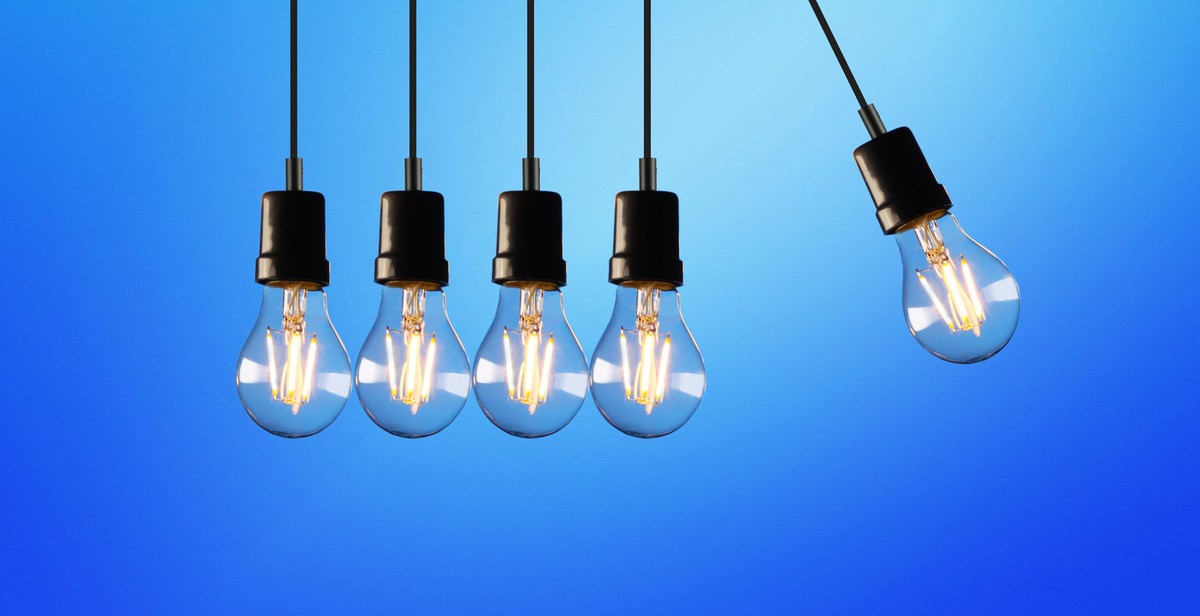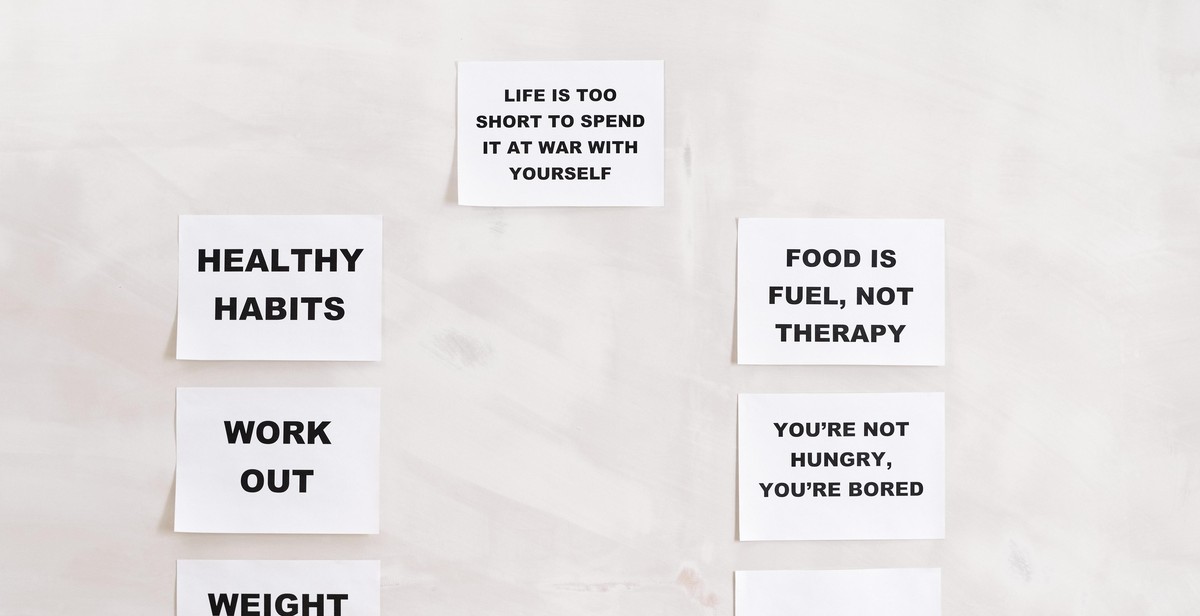How to Reduce Energy Consumption in Your Apartment: Energy-efficient Practices
Living in an apartment has many advantages, but it also comes with its own set of challenges. One of the biggest challenges faced by apartment residents is managing energy consumption. Reducing energy consumption not only saves money on utility bills, but it also helps the environment by reducing carbon emissions.
Why Energy Efficiency Is Important for Apartments
Energy efficiency is important for apartments for several reasons. First, it helps to reduce energy bills, which can be a significant expense for apartment residents. Second, it helps to reduce the carbon footprint of the building, which is important for the environment. Finally, energy-efficient apartments are more comfortable to live in, with consistent temperatures and better air quality.
There are many energy-efficient practices that apartment residents can adopt to reduce their energy consumption. These include using energy-efficient appliances, adjusting the thermostat, and reducing water usage. By adopting these practices, apartment residents can save money on their utility bills, reduce their carbon footprint, and create a more comfortable living environment.
In this article, we will explore some of the best energy-efficient practices for apartments. By following these tips, apartment residents can reduce their energy consumption and do their part to help the environment.

Assessing Your Energy Consumption
Reducing energy consumption in your apartment starts with understanding how much energy you currently use and where you can make changes. Here are three steps to assess your energy consumption:
Identify Your Energy Consumption Pattern
The first step is to identify your energy consumption patterns. Take a look at your daily routines and activities to determine what uses the most energy. For example, do you leave electronics plugged in when they’re not in use? Do you take long showers? Do you use the oven or stove frequently? These habits can significantly impact your energy usage.
It’s also important to consider the appliances and electronics you use and how often you use them. Appliances like refrigerators, air conditioners, and heaters consume a significant amount of energy, so consider their usage patterns and how you can reduce their energy consumption.
Check Your Energy Bills
Checking your energy bills is an easy way to assess your energy consumption. Your energy bills will show your monthly energy usage and the amount you’re paying for that usage. By reviewing your bills, you can identify trends in your energy consumption and determine if there are any spikes in usage during certain months. This information can help you identify areas where you can reduce your energy consumption.
Conduct an Energy Audit
Conducting an energy audit is a more thorough way to assess your energy consumption. An energy audit involves a professional assessing your apartment’s energy usage and identifying areas where you can make changes to reduce energy consumption. The auditor will typically check for air leaks, insulation, and the efficiency of your appliances and electronics. They will also provide recommendations on how to reduce your energy consumption.
An energy audit can be costly, but some utility companies offer free or discounted audits to their customers. Check with your utility company to see if they offer this service.
By identifying your energy consumption patterns, checking your energy bills, and conducting an energy audit, you can gain a better understanding of your energy usage and identify areas where you can make changes to reduce your energy consumption.

Energy-Efficient Practices for Your Apartment
Living in an apartment doesn’t mean you can’t make a significant impact on reducing energy consumption. Here are some energy-efficient practices that you can implement in your apartment:
Reduce Your Heating and Cooling Costs
Heating and cooling costs can account for a significant portion of your energy bills. To reduce these costs, you can:
- Set your thermostat to a lower temperature in the winter and a higher temperature in the summer.
- Use a programmable thermostat to adjust the temperature automatically when you’re away from home.
- Keep your windows and doors closed when using your heating or cooling system.
Upgrade to Energy-Efficient Appliances
Appliances such as refrigerators, washing machines, and air conditioners can consume a lot of energy. Consider replacing your old appliances with energy-efficient models that have been certified by ENERGY STAR. These appliances can use up to 50% less energy than their non-certified counterparts.
Switch to LED Light Bulbs
LED light bulbs are more energy-efficient than traditional incandescent bulbs. They use up to 80% less energy and last up to 25 times longer. Although they may be more expensive, they will save you money in the long run.
Unplug Electronics When Not in Use
Many electronics continue to consume energy even when they’re not in use. Unplug your electronics when you’re not using them or use a power strip to easily turn off multiple devices at once.
Seal Air Leaks and Insulate Your Home
Air leaks and poor insulation can cause your heating and cooling systems to work harder than necessary. Seal air leaks around windows and doors with weather stripping and caulking. Also, consider adding insulation to your walls, attic, and floors to keep your apartment more energy-efficient.
| Practice | Benefits |
|---|---|
| Reduce your heating and cooling costs | – Lower energy bills – Reduced greenhouse gas emissions |
| Upgrade to energy-efficient appliances | – Lower energy bills – Reduced greenhouse gas emissions |
| Switch to LED light bulbs | – Lower energy bills – Longer-lasting bulbs |
| Unplug electronics when not in use | – Lower energy bills – Reduced standby power consumption |
| Seal air leaks and insulate your home | – Lower energy bills – Improved comfort – Reduced greenhouse gas emissions |

Making Energy Efficiency a Part of Your Lifestyle
Adopting energy-saving habits is a simple and effective way to reduce your energy consumption and save money on your utility bills. Here are some tips to help you make energy efficiency a part of your lifestyle:
1. Turn Off Lights and Electronics When Not in Use
Leaving lights and electronics on when you’re not using them is a waste of energy. Make it a habit to turn off lights and unplug electronics when you leave a room. You can also use power strips to make it easier to turn off multiple electronics at once.
2. Use Energy-Efficient Light Bulbs
Replacing your traditional light bulbs with energy-efficient ones can help you save energy and money in the long run. Energy-efficient light bulbs last longer and use less energy than traditional ones.
3. Adjust Your Thermostat
Adjusting your thermostat can help you save energy and money. Set your thermostat to a comfortable temperature when you’re home and lower it when you’re away or asleep. You can also use a programmable thermostat to automatically adjust the temperature based on your schedule.
4. Use Energy-Efficient Appliances
When it’s time to replace your appliances, choose energy-efficient models. Energy-efficient appliances use less energy and can help you save money on your utility bills. Look for appliances with the ENERGY STAR label, which indicates that they meet strict energy efficiency guidelines.
5. Seal Air Leaks
Air leaks can waste energy and make your home less comfortable. Seal air leaks around doors, windows, and other areas where air can escape. You can use weatherstripping, caulking, or spray foam insulation to seal air leaks.
6. Use Fans to Circulate Air
Using fans to circulate air can help you save energy and stay comfortable. Ceiling fans can help you feel cooler in the summer and warmer in the winter. Use portable fans to circulate air in specific areas of your home.
7. Use Natural Light
Using natural light instead of artificial light can help you save energy and make your home feel brighter and more inviting. Open curtains and blinds during the day to let in natural light. You can also use light-colored paint and furnishings to reflect natural light and make your home feel brighter.
8. Use Energy-Efficient Window Treatments
Using energy-efficient window treatments can help you save energy and money. Window treatments like cellular shades, insulated curtains, and reflective window film can help you keep your home cool in the summer and warm in the winter.
By adopting these energy-saving habits, you can reduce your energy consumption and save money on your utility bills. Making energy efficiency a part of your lifestyle can also help you reduce your carbon footprint and contribute to a more sustainable future.

Conclusion
Reducing energy consumption in your apartment is not only good for the environment, but it can also help you save money on your energy bills. By implementing energy-efficient practices, you can significantly reduce your energy consumption and carbon footprint.
Final Thoughts
From simple actions like turning off lights and unplugging electronics when not in use, to investing in energy-efficient appliances and using natural light, there are many ways to reduce energy consumption in your apartment. It may take some effort and investment on your part, but the benefits are well worth it.
Remember, every little bit counts when it comes to reducing energy consumption and protecting the environment. By making conscious choices and developing energy-efficient habits, you can help create a more sustainable future for yourself and future generations.
Summary
- Reducing energy consumption in your apartment is good for the environment and can save you money on energy bills
- Simple actions like turning off lights and unplugging electronics can make a big difference
- Investing in energy-efficient appliances and using natural light can also help reduce energy consumption
- Every little bit counts when it comes to reducing energy consumption and protecting the environment
| Tip: | Consider conducting an energy audit to identify areas where you can reduce energy consumption and save money on your energy bills. |
